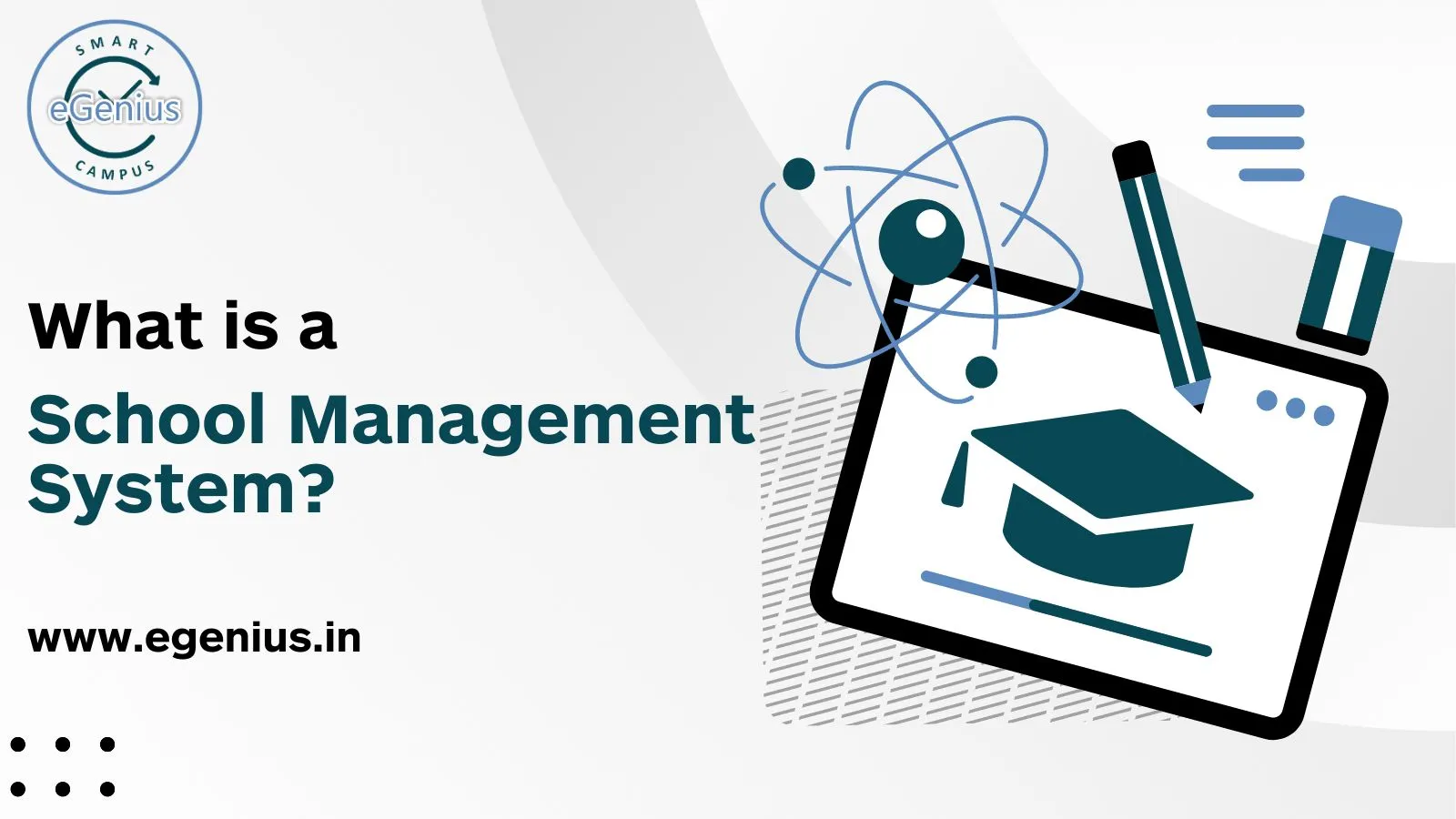Using innovative technology has become essential in today’s educational environment. A key instrument for improving academic and administrative processes among these technologies is the School Management System (SMS). This strategy has completely changed the way that schools run by guaranteeing accuracy and effectiveness in handling different responsibilities.
Table of contents
1. Synopsis of School Management System
2. All-Inclusive Features of a School Management System:
- Student Information Management
- Staff Information Management
- Academic Management
- Financial Management
- Communication Tools
- Attendance and Timetable Management
- Examination and Assessment Management
- Library Management
3. Benefits of Having in Place a School Management System
4.The Improvement of Educational Efficiency through School ERP
What is a School Management System?
In educational institutions, a school management system is an information management system used to handle student information. Teachers’ workload is reduced, and they may obtain student information more quickly and easily thanks to it.
Student databases in school management systems hold details about the students, including their test results, parent details, medical history, tuition costs, etc.
School administration systems include abilities like student registration, class records, grades, student analytical grades, and other components of evaluations. Furthermore, the curriculum of the students, their attendance, and their requirements are managed via school management systems.
The All-Inclusive Features of a School Management System
Student Information Management
A fundamental part of every school administration system is the student information management. Academic records, health information, and personal information are only a few of the extensive information about each student that are safely stored and preserved in this system.
Staff Information Management
Information about the personnel is also carefully handled. The credentials, timetables, and work histories of teachers and other school personnel are all arranged in their profiles. The promotion of a well-organized educational setting depends on this management.
Academic Management
School administration systems simplify academic management. All elements are managed with more precision and less administrative work, from arranging lessons and tests to monitoring academic progress and sending out report cards.
Financial Management
Effortlessly handled financial operations include budgeting, payroll, and fee collecting. The School Management Software keeps financial control, guaranteeing responsibility and openness in financial concerns.
Tools for Communication
The School Management System has efficient communication capabilities that allow teachers, parents, and students to engage with one other smoothly. These instruments, which guarantee that all parties are updated on school activities and student development, include email, messaging platforms, and notification systems.
Management of Timetables and Attendance
The system handles timetable administration and attendance automatically, which keeps precise records of student attendance and effectively arranges school schedules.
Management of Examinations and Assessments
Exam and assessment planning, administration, and analysis are all streamlined by this function. It makes it possible for teachers to grade, comment, and create test papers, so properly and quickly evaluate student performance.
Library Management
A library management module included in the School Management Software frequently automates the management of library resources. The school library’s administration is improved by its ease of tracking books that are issued, returned, and overdue.
Benefits of Implementing a School Management System
There are several advantages of putting a school management softwares into place. It especially improves contact among parents, instructors, and kids. Moreover, by saving time on administrative chores, it boosts the productivity of school personnel. It helps students perform better because it gives parents and instructors quick access to relevant academic information.
The Function of School ERP in Improving Educational Effectiveness
Integration of many school activities is made possible by the school ERP (Enterprise Resource Planning) system. Information moves smoothly across departments because the school ERP unifies many facets of school administration into a single, logical system. The integration increases operational effectiveness, which facilitates the achievement of educational objectives by schools.
To sum up, any educational establishment hoping to update and simplify its operations must use a School Management System. The system improves student learning and reduces administrative chores with its extensive features and advantages. The need to include such systems in schools grows as technology develops since it promises a more effective, open, and productive learning environment.














